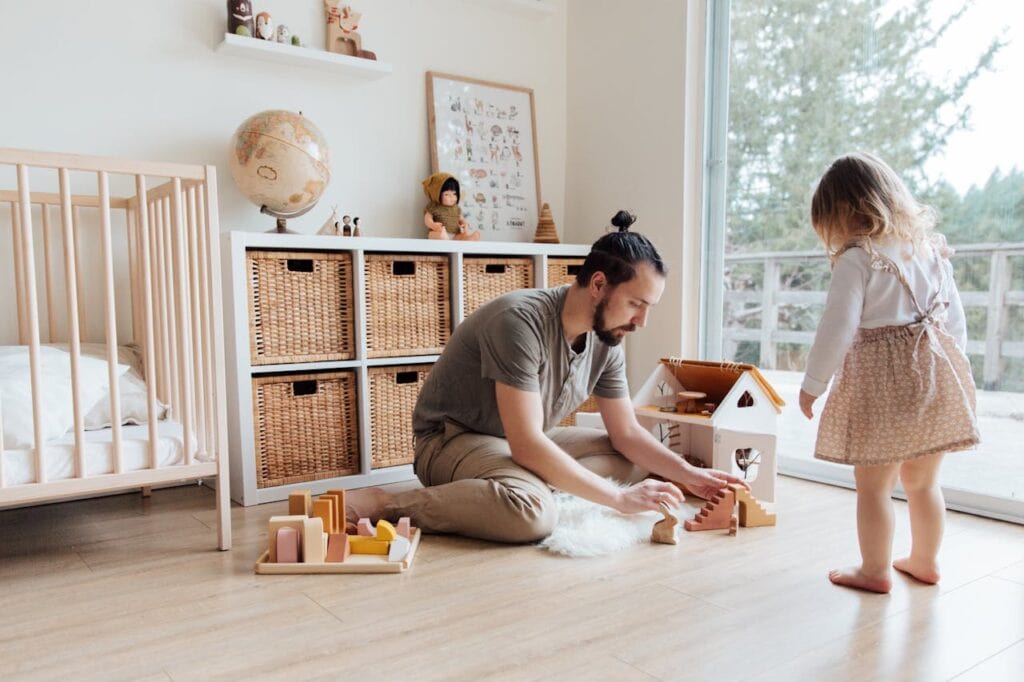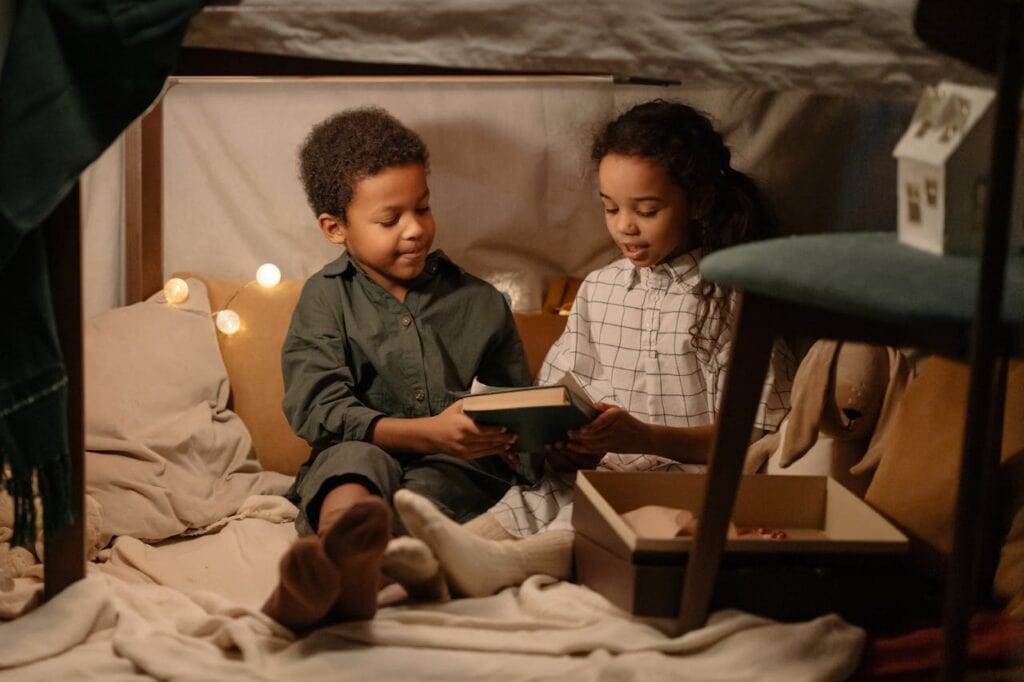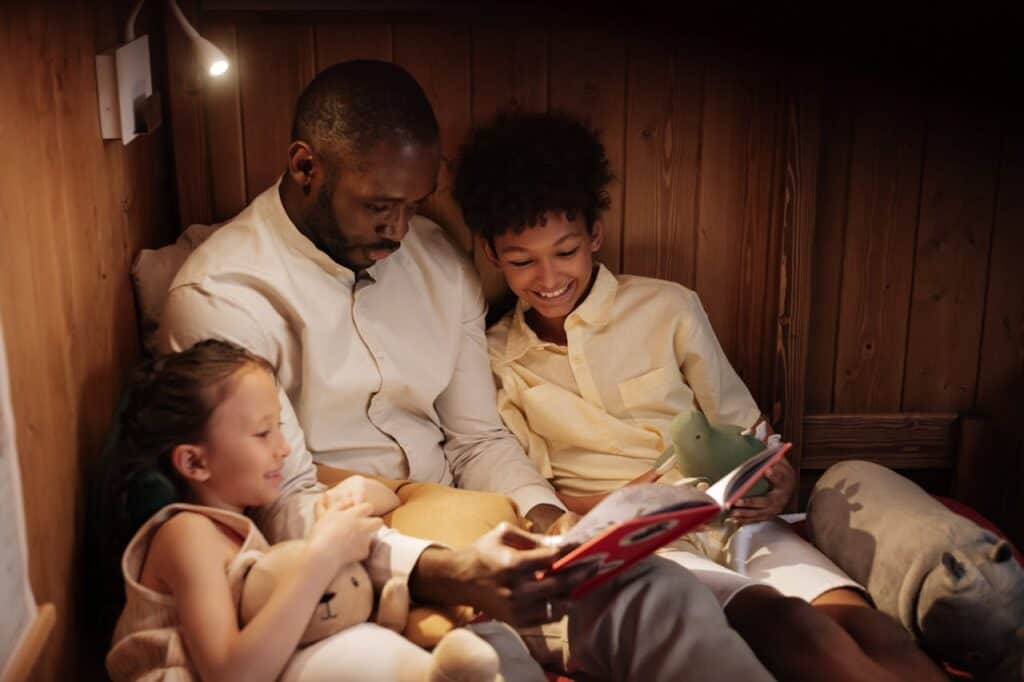Raising Siblings Who Actually Like Each Other
Sibling relationships are among the longest-lasting bonds in our lives, yet many parents feel helpless watching their children bicker, compete, and seemingly despise each other daily. The good news is that sibling rivalry is normal and temporary, while the foundation for lifelong friendship can be intentionally built through thoughtful parenting strategies. Rather than simply hoping your children will eventually get along, you can actively foster cooperation, empathy, and genuine affection between siblings. With patience and consistent effort, you can help your children see each other as allies rather than adversaries, creating bonds that will strengthen and support them throughout their lives.
Avoid Comparisons and Labels

Never compare siblings’ abilities, behaviors, or achievements, even when trying to motivate improvement. Avoid assigning family roles like “the smart one” or “the athletic one” that can create resentment and limit children’s self-perception. Instead, celebrate each child’s unique qualities and accomplishments individually, helping them develop distinct identities without competing for superiority.
Create Individual Special Time

Spend one-on-one time with each child regularly, giving them your undivided attention without siblings present. This individual connection helps children feel valued for who they are rather than how they compare to their siblings. Special parent time reduces attention-seeking behaviors and sibling competition while strengthening individual parent-child relationships.
Teach Conflict Resolution Skills

Instead of always solving sibling disputes yourself, teach children how to work through disagreements respectfully and independently. Provide tools like taking turns speaking, finding compromises, and expressing feelings without attacking. Guide them through the process initially, then gradually step back as they develop these essential life skills.
Encourage Teamwork and Cooperation

Create opportunities for siblings to work together toward common goals through family projects, team challenges, or collaborative activities. Praise cooperation and teamwork when you see it, highlighting how they complement each other’s strengths. These positive shared experiences help children see their siblings as teammates rather than competitors.
Address Fairness vs. Equality

Help children understand that fair doesn’t always mean equal, as different ages and needs require different responses. Explain your decisions when possible and emphasize that each child gets what they need when they need it. This understanding reduces scorekeeping and jealousy while building empathy for different perspectives.
Model Respectful Conflict Resolution

Demonstrate healthy disagreement and problem-solving in your own relationships, showing children how to argue respectfully and find solutions together. Children learn more from what they observe than what they’re told, so your example of handling conflict sets the tone for sibling interactions throughout their lives.
Celebrate Sibling Support and Kindness

Notice and praise moments when siblings help, comfort, or defend each other, making these positive interactions more memorable than conflicts. Create family stories around times when siblings showed love and support, reinforcing the bond between them. Positive attention for good behavior encourages more of the same.
Establish Family Unity Expectations

Create clear expectations that family members support and protect each other, especially outside the home. Teach children that while disagreements happen within families, they present a united front to the outside world. This family loyalty helps siblings develop protective instincts and deeper bonds with each other.
Foster Individual Friendships and Interests

Encourage each child to develop their own friendships and pursue individual interests rather than always including siblings in everything. Having separate social circles and activities reduces constant comparison and gives children breaks from sibling dynamics. Individual growth and confidence positively impacts sibling relationships.
Be Patient with Relationship Development

Remember that sibling relationships naturally evolve and improve over time, with many siblings becoming close friends in adulthood even after difficult childhood dynamics. Focus on teaching skills and values rather than forcing immediate harmony. Your consistent guidance and modeling will pay off in their long-term relationship, even if daily interactions remain challenging.





